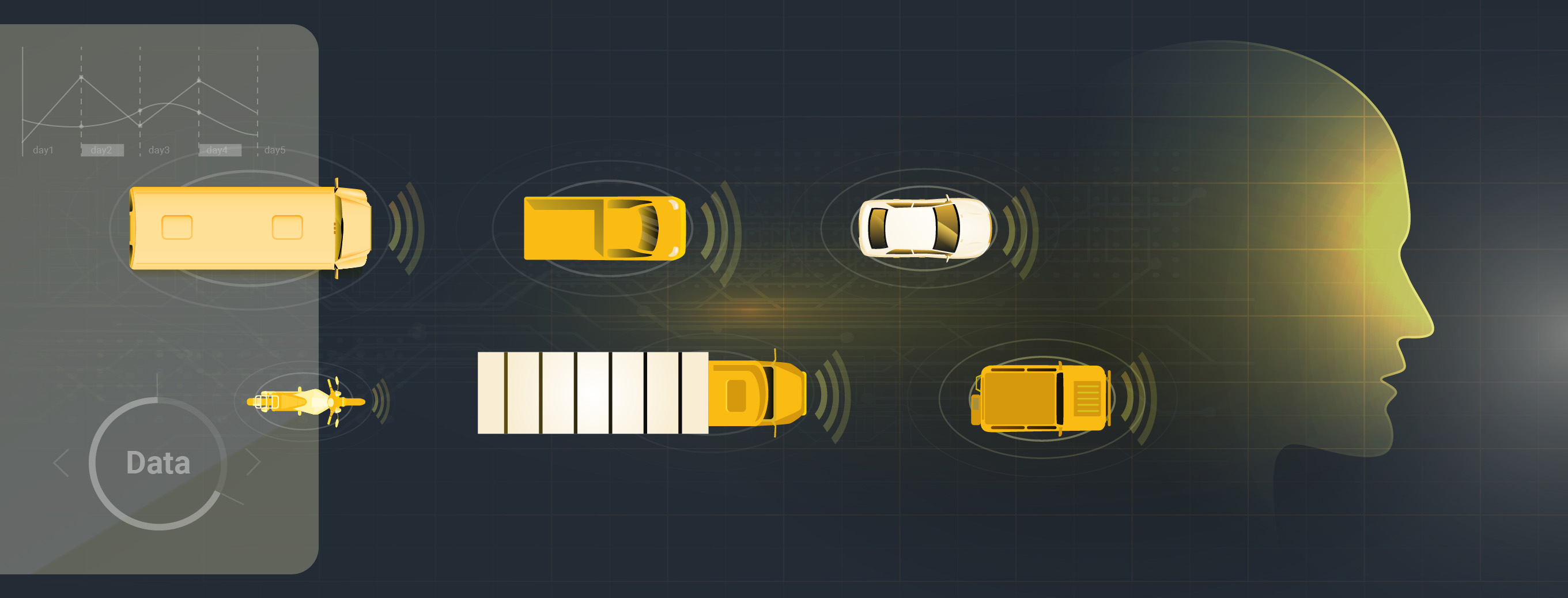
The PAsCAL project
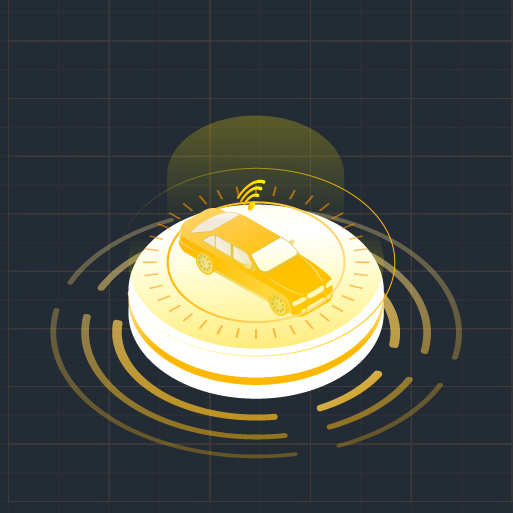
The PAsCAL project is funded by the "Horizon 2020" Research and Innovation program. Its aim is to improve our understanding of the implications of the introduction of connected and automated vehicles (CAVs) into society. The project will then deliver a "Guide2Autonomy". Outcomes from the project will contribute to the training of future CAV drivers and passengers. It will help decision-makers to move towards new forms of individual and collective mobility that will be made possible by the introduction and increased usage of vehicles with enhanced levels of autonomy.
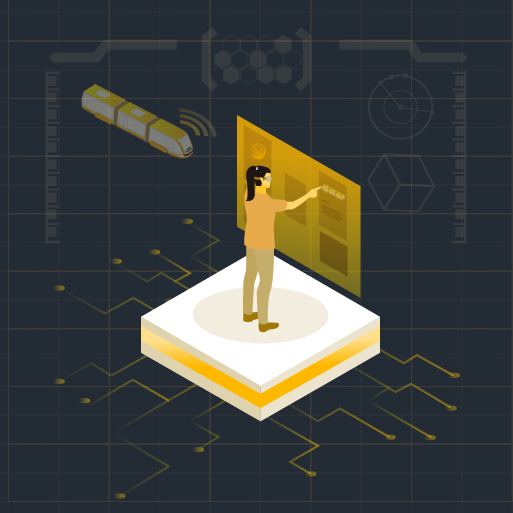
The project
The perceptions and expectations of citizens regarding new autonomous and connected driving technologies will be investigated by the PAsCAL project. This will lead to a better understanding of their concerns and hence, will help solutions to be developed that will bridge the emotional and cultural gaps that it is anticipated will exist between expectation and reality.
The behaviour of drivers in semi-autonomous vehicles and that of all other road users will also be studied to identify any obstacles that need to be removed to make the envisaged human-autonomous machine interaction commonplace but safe.
Specific surveys will be prepared and accurate behavioral analyses will be carried out using state-of-the-art simulation technologies, such as driving simulators and virtual reality platforms.

The results
The outputs of project surveys and virtual experiments will provide a better understanding of the reasons for the distrust towards CAVs currently expressed by many European citizens. They will describe reactions and behaviors in different situations and will allow conclusions to be drawn in terms of vehicle design, human-machine interface layout and a more holistic organization of the transport system.
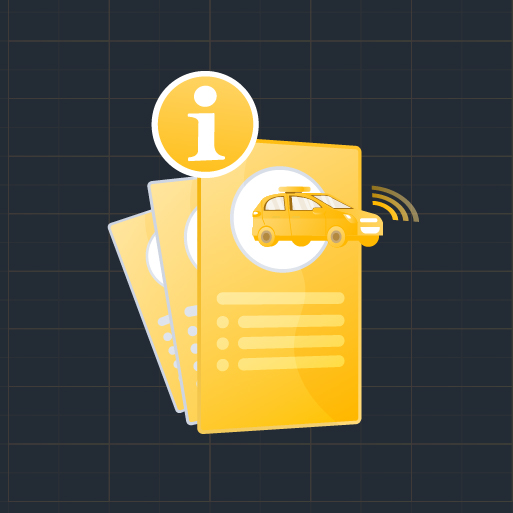
The guide
This knowledge will lead to a "Guide2Autonomy". This will be made available to all relevant stakeholders. Specific anticipated items for inclusion will be how best to train CAV users, the necessary certifications that must be obtained and any new traffic rules to be adopted.
A specific focus, as part of the PAsCAL project, will be reserved for people who are currently unable to drive traditional vehicles; blind or partially sighted citizens are a specific user group being considered by the project. For these road users, connected autonomous driving potentially offers many advantages in terms of freedom of movement and increased personal autonomy.
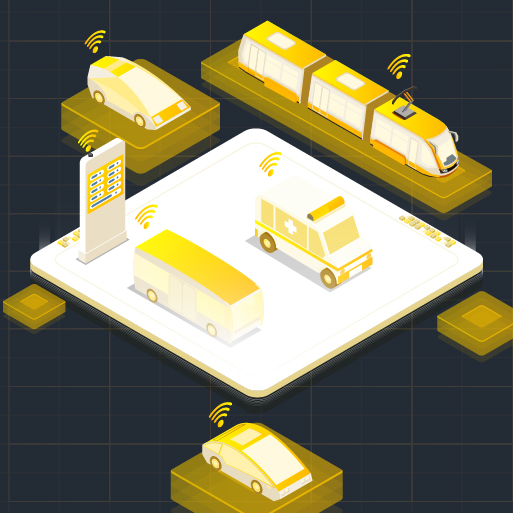
The Pilots
PAsCAL will create 5 road-transport pilot projects, each one being conducted in a different EU state. The pilot projects will focus respectively on: autonomous high-capacity buses; user training through driving schools and academies; different types of connected, shared, vehicles; vehicles for emergency services and applications that help physically impaired CAV users to travel.